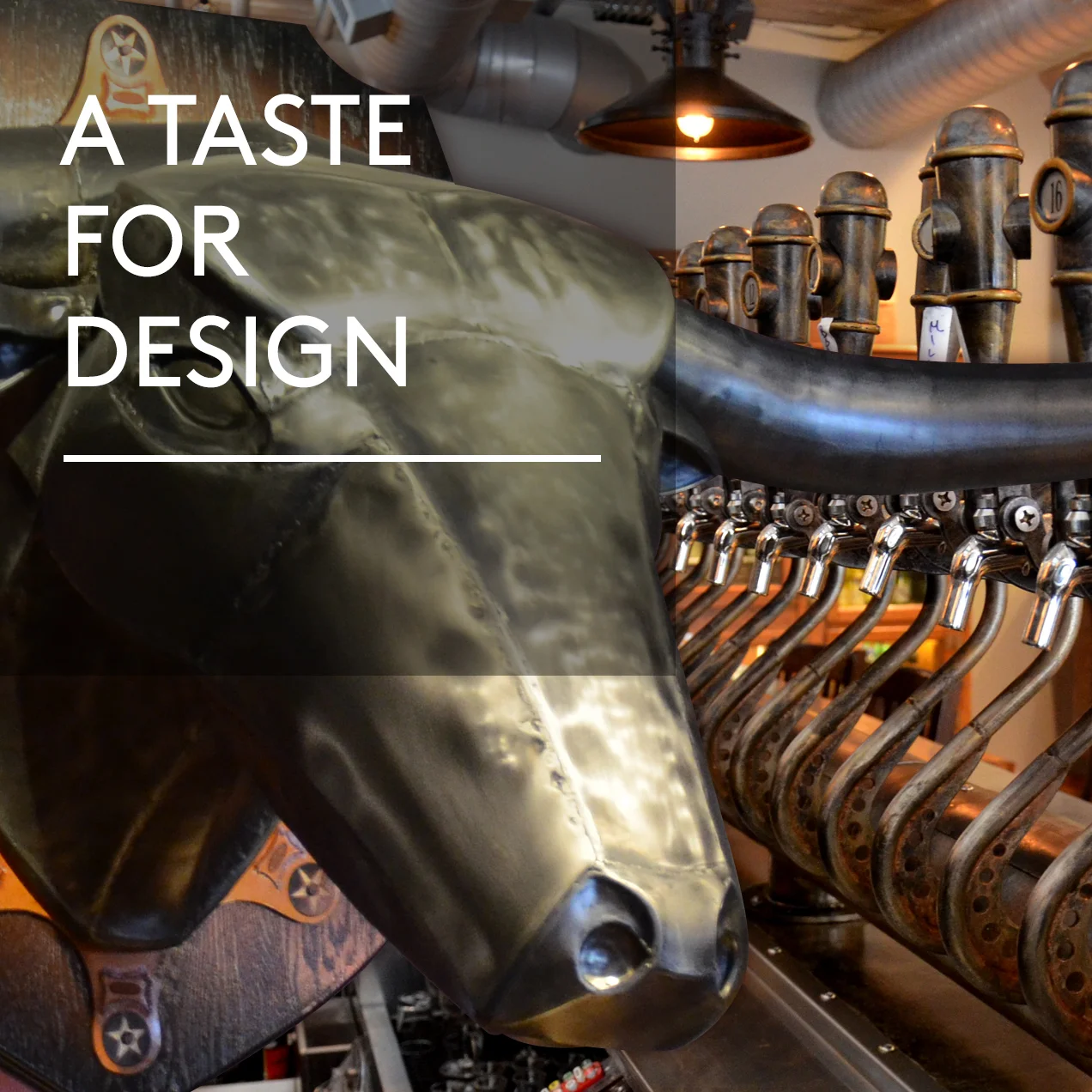Mid-Century Treasures Top “Chicago 7” Endangered Buildings List
/Chicago’s eclectic architectural landscape wouldn’t look the same if it wasn’t for the help of groups such as Preservation Chicago. Founded in 2000, the activist organization advocates for the preservation of historic architecture, neighborhoods and urban spaces throughout the city.
As part of their advocacy efforts, the organization recently published its “Chicago Seven” list of the city’s most endangered buildings. The list’s purpose is to raise public awareness about the threats facing Chicago’s most at-risk architecture.
The Skinny:
- Fun Fact: May is National Historic Preservation Month.
- Preservation
Chicago
4410 N. Ravenswood Ave
Chicago, IL 60640 - preservationchicago.org
- info@preservationchicago.org
- 773.334.8800
State Bank of Clearing. Photo courtesy of Preservation Chicago.
Recently, a fair number of Mid-Century Modern buildings have been dotting the list, including the State Bank of Clearing (1959), the AllState Headquarters Building (1949) and Cuneo Hospital (1957). With the threat of facing the wrecking ball, more advocates are stepping up to vouch for these buildings of the recent past.
Preservation Chicago’s executive director, Jonathan Fine, discusses the role of the Chicago Seven list and its impact on saving these buildings:
How do you select the buildings that appear on the Chicago Seven list?
We learn about buildings that are on the verge of collapsing and we see if putting them on the list would be a good fit.
We first look to see if this issue is right. Another thing we look for is geographic diversity. We would never want a list where all seven buildings are located downtown.
We also look for diversity with regard to the building type and building era. We wouldn’t want to have all Victorian mansions. We mix it up with large and small buildings.
Why should people care about the Mid-Century Modern buildings on your list? What makes them special?
We say history didn’t end in 1890. History is made every day.
What makes [the city’s architectural landscape] great is that it’s a collection. As no great art museum has one great painting, no great city of architecture has one great building. It’s the collection and the juxtaposition of buildings that make people want to see the architecture and take the [architectural] tours.
The buildings we are constructing now are the ones we will be preserving down the line.
State Bank of Clearing. Photo courtesy of Preservation Chicago.
There has been a lot of conversation about saving Mid-Century Modern buildings. What makes a building worth saving?
[The conversation] really speaks to a larger issue of one of this country’s problems, which is waste.
It is unsustainable in this country to build and tear down buildings every 30 to 40 years. It’s wasteful. We as a society have a responsibility to use demolition as a last resort.
There are a lot of mediocre buildings. What you have to realize about Chicago is that it is one of the rare cities in the world that has benefited from an architectural renaissance in 1871 and in the 1930s. Then it had a smaller renaissance in the 50s and 60s and it continues today.
This vintage photograph of Cuneo Hospital was featured in a promotional ad for a tile company whose material was used extensively in the structure's interior and exterior. Photo courtesy of Preservation Chicago.
There is a legacy of doing great architecture in Chicago. We as a city have a responsibility to save that architecture as much as possible.
Preservation Chicago exists because we see good buildings going down and mediocre buildings going up in their place. We want to change that.
State Bank of Clearing, the AllState Headquarters Building and Cuneo Hospital are all Mid-Century Modern buildings that have made the Chicago Seven list over the past two years. How can these buildings be adapted to make them usable for today?
For Cuneo hospital, there is a proposal for adaptive reuse for artist housing.
In the case of the State Bank of Clearing, we’d love to see another bank or interesting restaurant move into the building.
The AllState Headquarters Building is more of a challenge. The floor plate is big and it is a square building. It could be an assisted living facility with apartments on the perimeter and the interiors could be meeting rooms.
AllState Headquarters. Photo courtesy of Preservation Chicago.
How can people who care about these buildings help prevent them from being torn down?
Join Preservation Chicago and be engaged in the community. If
there is an established community group, join it. If not, create one.
Be a letter writer. Visit congress people in their office hours. People need to write their alderman a letter about how we care.
It’s all about community engagement.
Make sure to visit www.preservationchicago.org to learn more about the organization and view the complete Chicago Seven list.



























